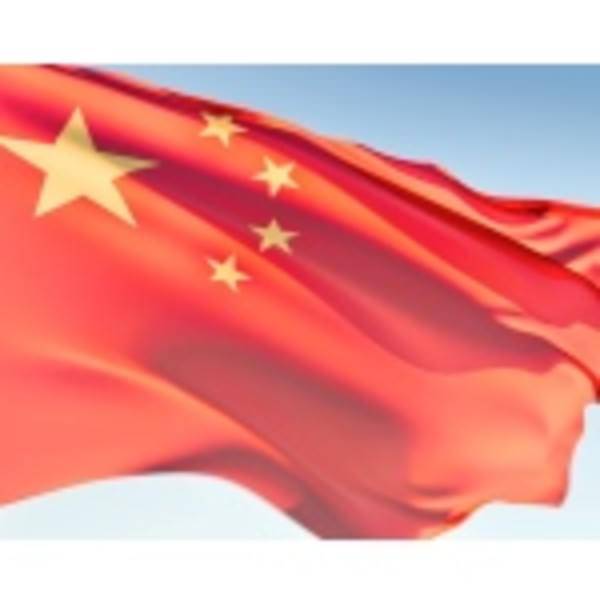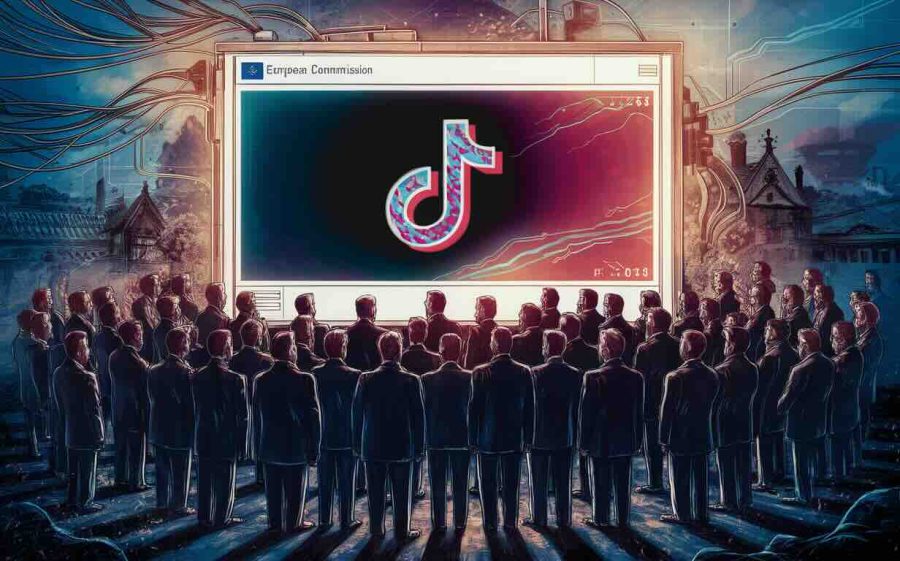Ah, the year-in-review, that ritual where we tout the best and worst of what’s happened over the last 12 months. For its part, the Chinese government’s year-end review chronicled the usual sorts of governmental achievements, but a notable success this year, according to officials, is the amount of illegal and “objectionable” content that the country has eliminated: “By November, 350 million pieces of harmful information, including text, pictures and videos, had been deleted,” according to Wang Chen, deputy head of China’s propaganda department. “There was a notable improvement in the online cultural environment.”

Wang says that the government checked 1.79 million websites in its efforts to eradicate objectionable content, and more than 60,000 porn websites were shuttered. Of the almost 5,000 people suspected of spreading pornographic content, 1,332 people received “criminal punishment” with 58 jailed for five years or more.
Of course, “obscenity” has a rather broad definition in China, and these government figures don’t include content already blocked in the first place. China keeps tight control over what Internet users can access via an extensive system of filtering and blocking – the Great Firewall, as its often called. Blocked sites include Twitter, YouTube and Facebook.
Wang said in a press conference that he had heard that Facebook CEO Mark Zuckerberg was vacationing in China, but said that Zuckerberg had not met with anyone from his department. “We saw reports that he met with some well-known figures in China’s Internet industry,” said Wang. “We are also still trying to learn more about his visit to China.”
There are an estimated 450 million Internet users in China, a larger online population than any other country. But as these censorship numbers – along with Google’s history in China – indicate, entry into the Chinese market is difficult.










